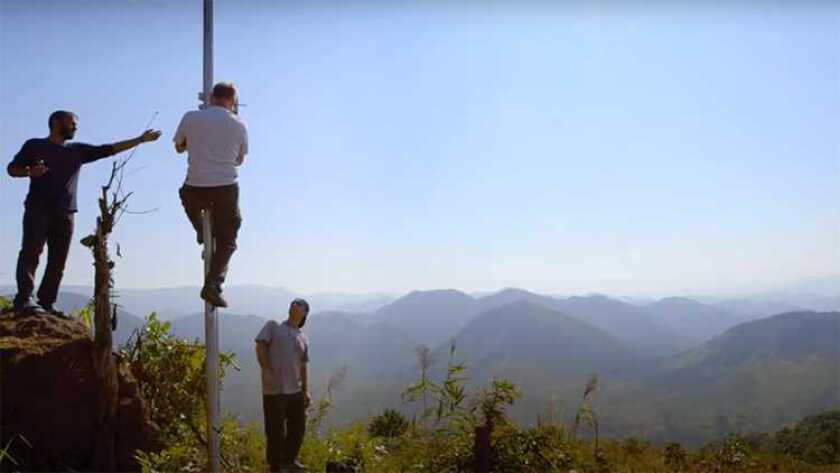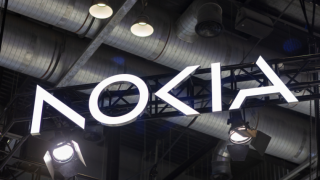The company is working with Project Taara, a venture of Google’s parent company Alphabet, to install laser beams carrying up to 20Gbps for up to 20km over areas where it is not economically viable or too difficult to install fibre.
Norman Moyo, Econet’s executive for new enterprises, said: “This technology and our partnership with Taara forms an important building block towards realising our vision of a digitally connected future that leaves no African behind.”
Project Taara also has a pilot in India’s Andhra Pradesh (pictured), where the mountainous terrain makes conventional fibre networks difficult. The company is using free-space optical communications (FSOC) as an alternative to fibre. The lasers can connect cell towers as well as Wifi hotspots, said Mahesh Krishnaswamy, general manager of Project Taara, which is run by a unit known simply as X, formerly Google [x].
In Africa, Econet believes the laser beams can carry high-speed, high-capacity connectivity over long distances – over rivers, sea straits, mountains, rugged terrains, across national parks, or in areas where it is unsafe to dig trenches for cables.
Econet’s Liquid Telecom has already been trying out the technology in Kenya, across the waters from Mombasa Old Town south to Diani, said CEO Nic Rudnick.
“The trials we have conducted in Kenya have shown encouraging results of how we can reach new under-served areas with huge bandwidths as well as increase our network reliability. Every time we have connected a new country to our fibre network, our investment into middle mile infrastructure has enabled people outside of the major cities and towns, to enjoy high speed data.”
Krishnaswamy said: “Over the last few years we’ve been working with partners around the world to learn more about how Taara’s technology can be used to help expand and augment existing fibre networks and bring the benefits of broadband to communities that don’t yet have access to it.”






